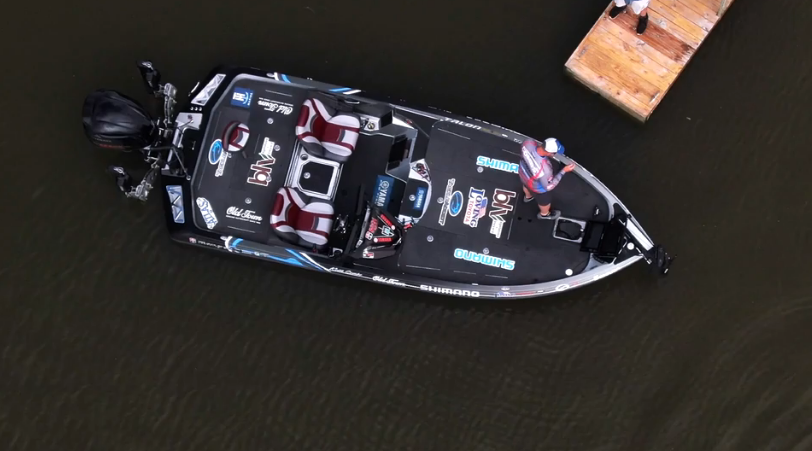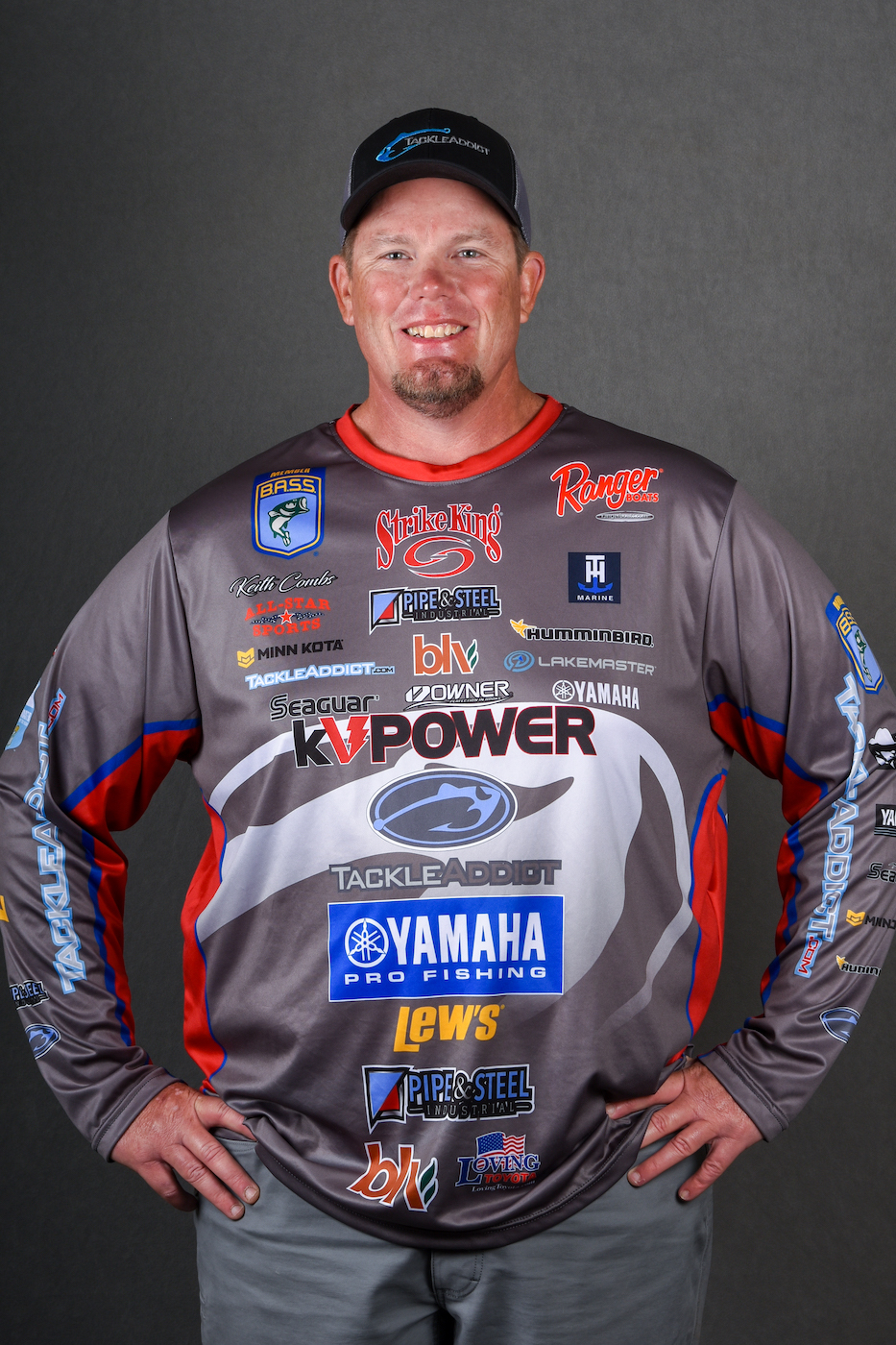
On paper, the Bassmaster Classic should be the easiest tournament to win every year, as long as you qualify. From a mathematical and logical standpoint, it makes sense. It’s only three days, instead of our normal four-day event, and it’s a small field.
I know from firsthand experience in my early Classics that the schedule can be overwhelming. Additionally, the field includes some anglers who don’t have a lot of experience in multi-day tournaments. That’s not to say that a B.A.S.S. Nation guy can’t be competitive or even win, but there will be a certain percentage of the field who have the odds stacked against them before they even make their first cast.
Despite what logic and numbers say, it always turns out to be much harder than expected when we actually get there. This will be my eighth Classic, and if it was easy I would have won one already, right?
When we actually show up at the venue, that’s when things get real.
At a normal regular-season tournament, I always start off looking for the winning fish in practice, but if that’s not working I can always downshift and try to find the right groups to finish in the top 20. At the Classic that’s not an option. You have to be all-in. There’s no entry fee, and everyone is going to get a good check, so as far as I’m concerned second place is as good as last place. It may be a cliché, but there’s only one spot that really matters.
The most complicating factor is the tournament’s practice schedule. We start with three days on the water, followed by two off Then we return for a short day, followed by another day off. In the spring, when everything changes by the minute, the fish you found yesterday could be totally gone tomorrow. The water could go from clear to stained, or there could be a warming trend or a cold front, and that changes everything.
What I’ve learned since I fished my first Classic in 2011 is that the practice period should serve as more of a tune-up and refresher than anything else. If you want to excel, you have to embrace change. The winner is almost always someone who does not appear to be on the winning fish, but he makes something happen at a critical time. That’s easier said than done. It requires everything to come together perfectly.
In my first Classic, on the Louisiana Delta, I fished in Cataouatche with the winner and most of the other top finishers, and I was in position going into the last day where if I’d had a big bag I could’ve won. I was around the fish to win, but I didn’t get the quality bites I needed. A couple of breaks and I could’ve been right up there.
The next year, at the Red River, I was definitely around the right fish to get it done, but I had to split my fish with two other anglers in the top 15. There just wasn’t enough weight to go around.
When the Classic visited Guntersville in 2014, I had a really good first day, but the next day was sunny and flat and there were a lot of spectators around me. I didn’t change up and couldn’t get my fish to fire. By the time I adjusted it was too late. I learned a lot from that experience and hopefully I won’t make a similar mistake if that happens again this time around.
The whole week is such a whirlwind, even for us veterans, and the conditions are changing so fast that one misstep and you’re done. You’d think it would get easier, but invariably this “easy” tournament proves to be incredibly tough.

